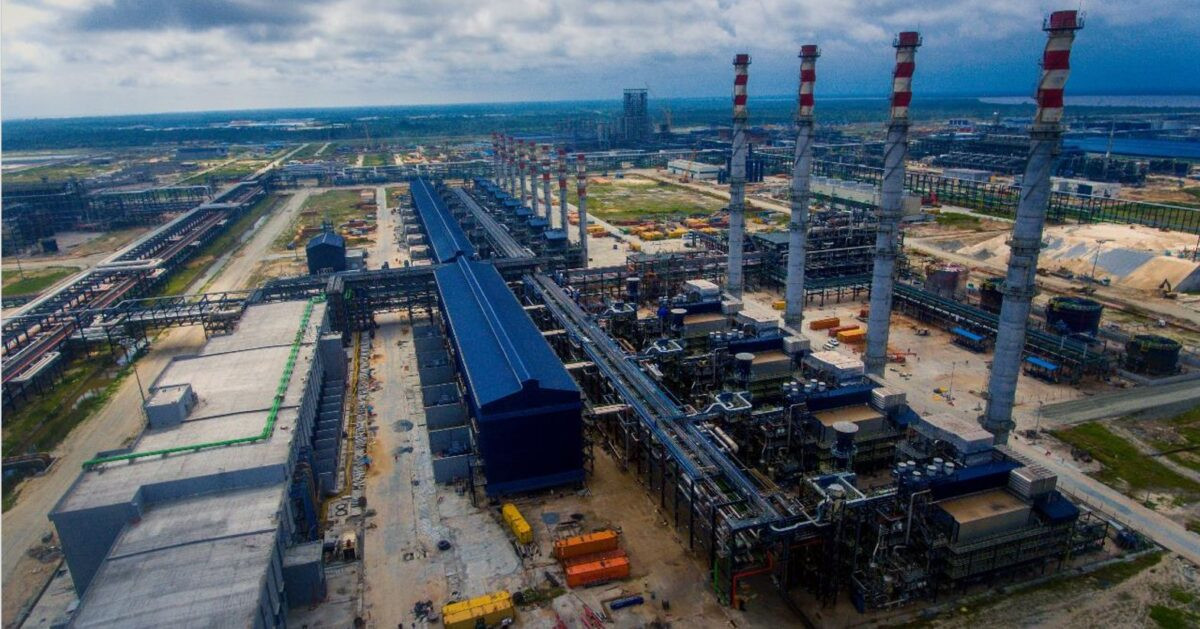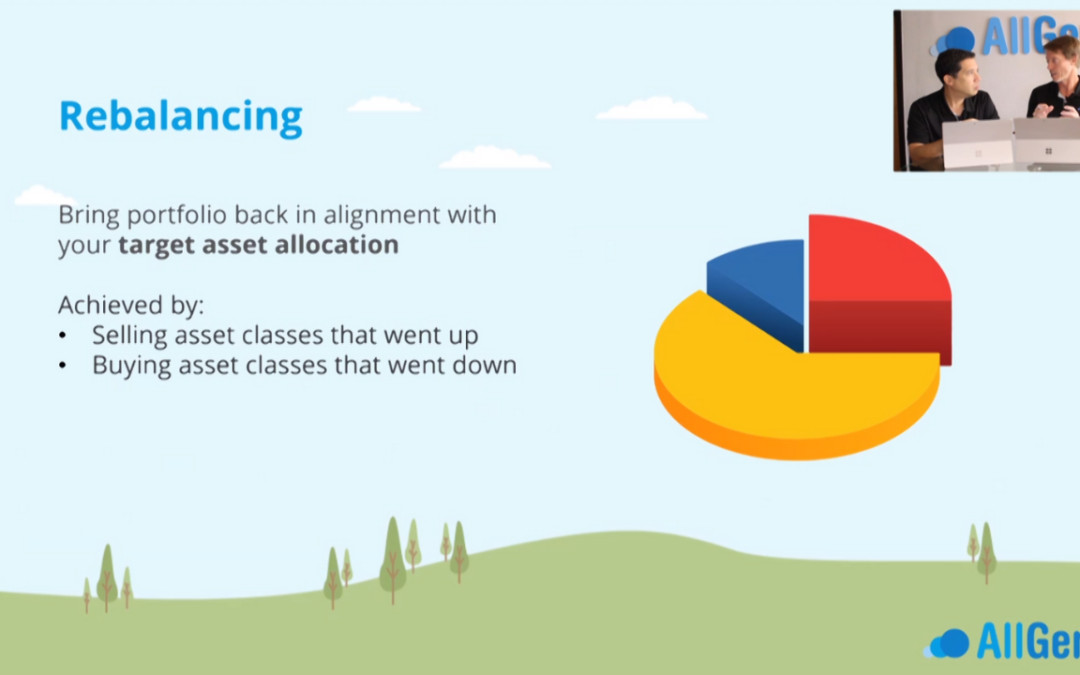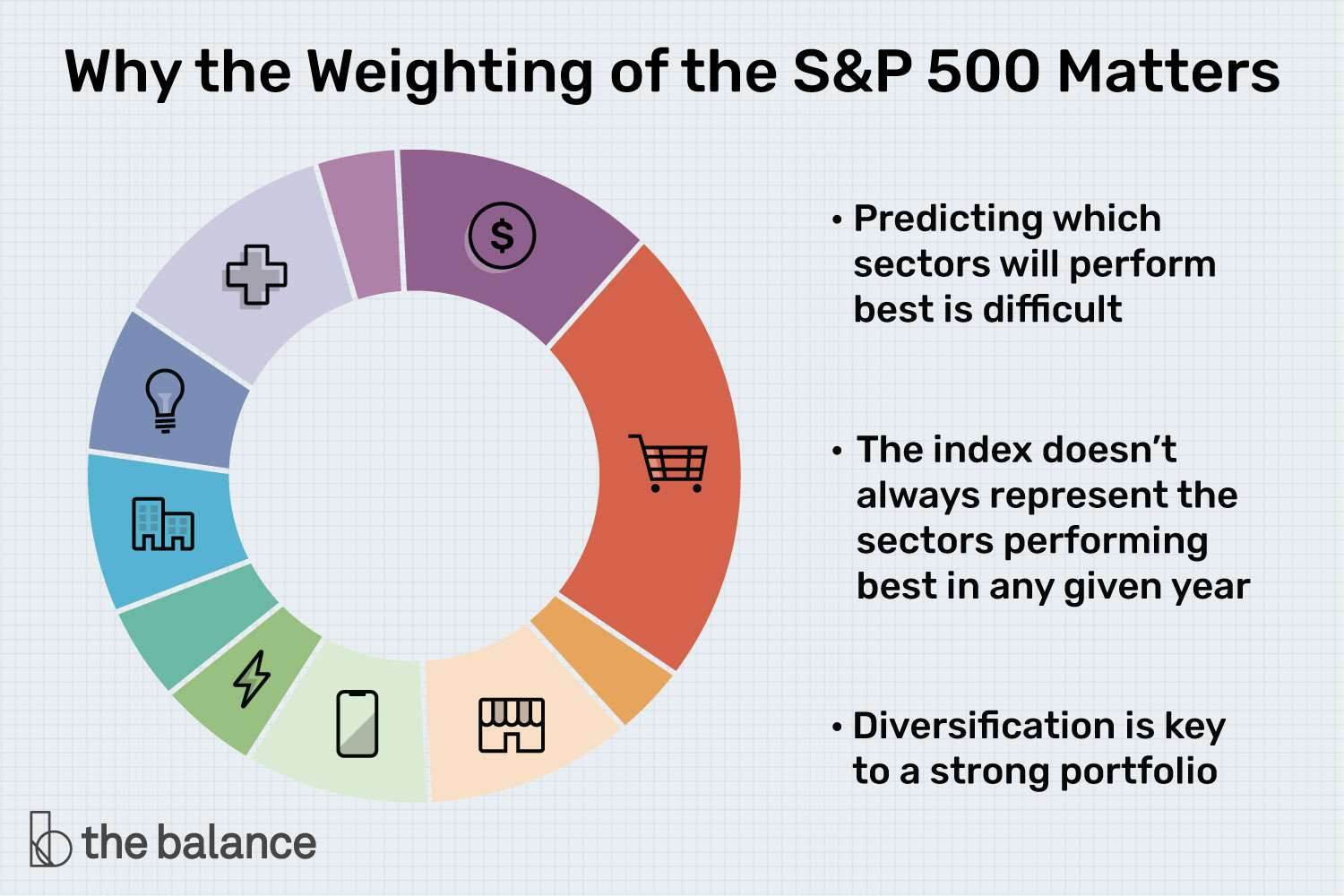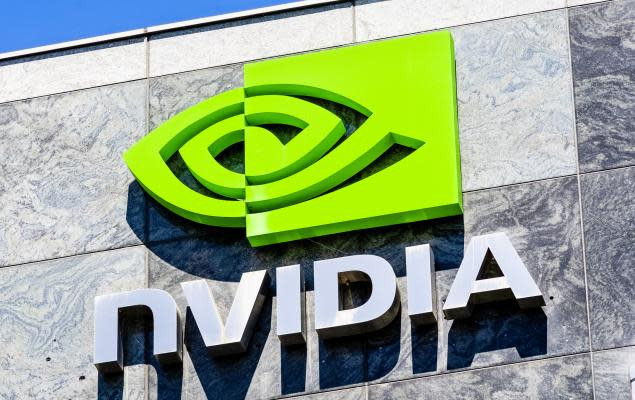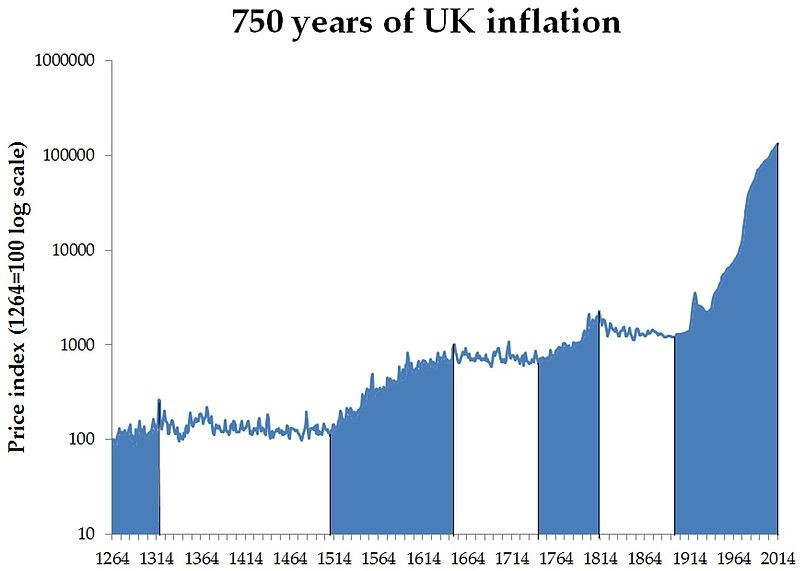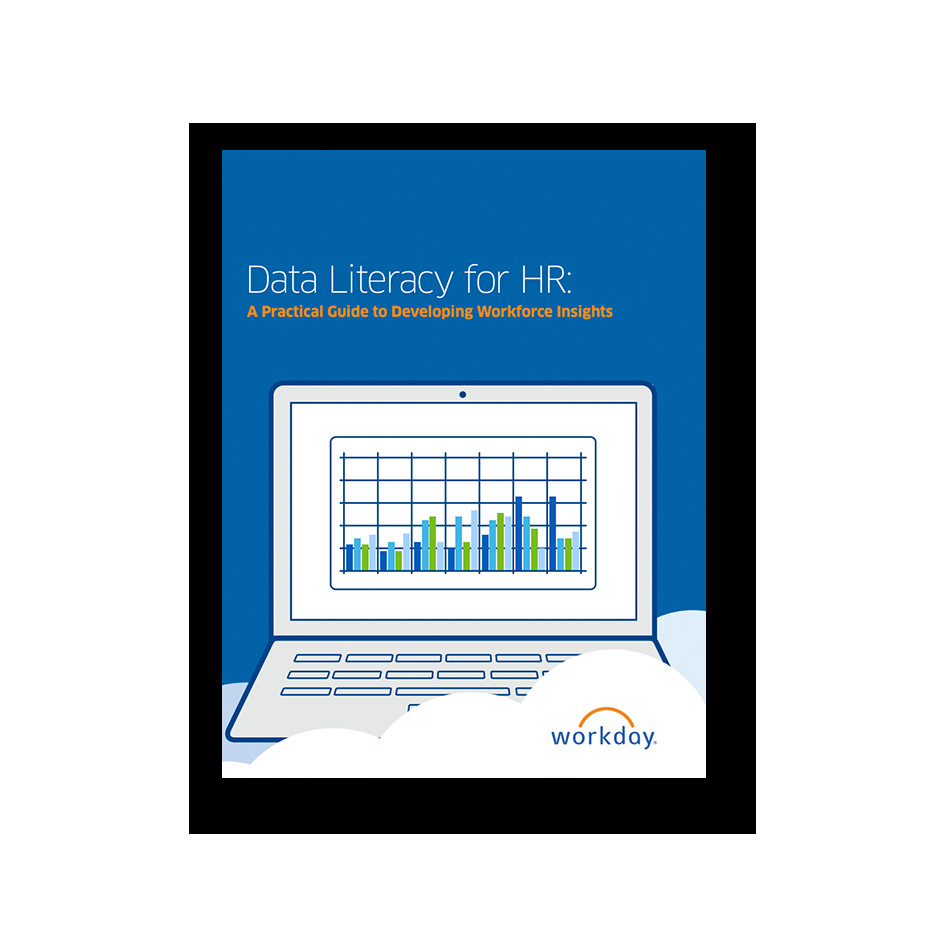A New Dawn for Nigeria's Energy Sector?
Nigeria stands at the cusp of a transformative moment in its energy sector as the Dangote Refinery, Africa’s largest petrochemical plant, is set to roll out its first supply of Premium Motor Spirit (PMS), commonly known as petrol, today, Tuesday, September 3.
With a staggering capacity of 650,000 barrels per day, the refinery’s operations signal a potential end to Nigeria’s longstanding dependency on imported fuel. The commencement of petrol production at the Dangote Refinery is expected to bring much-needed relief to Nigerians who have been grappling with severe fuel shortages and escalating prices.
These shortages have caused widespread disruptions, leading to long queues at filling stations and exacerbating the economic hardship already felt by many Nigerians. The refinery, which has now completed its testing phase, is poised to deliver a steady supply of petrol, potentially stabilizing the market and ensuring more consistent availability of fuel across the country.
Insider sources have confirmed that the Nigerian National Petroleum Corporation (NNPC) Limited will be the first purchaser of Dangote’s petrol. NNPC officials are already on the ground at the Lagos petrochemical plant, ready to take delivery of the products as they roll off the line, according to the sources. Aliko Dangote, the billionaire entrepreneur behind the refinery, is personally overseeing this landmark event, marking the culmination of years of planning, investment, and overcoming numerous hurdles.
This rollout marks a historic milestone for Nigeria’s oil and gas sector. For decades, Nigeria, despite being one of the world’s largest crude oil producers, has relied heavily on imported petrol to meet domestic demand. The Dangote Refinery’s capacity not only to satisfy Nigeria’s daily consumption of approximately 35 million liters but also to produce excess for export to neighboring countries positions it as a game-changer in the industry.
Price Concerns Cast a Shadow
However, as the refinery begins its operations, concerns about the pricing of its products are casting a shadow over what should be a moment of national triumph. There is a growing sense of unease regarding the potential cost of this petrol as the Dangote Refinery has yet to officially announce the price at which it will sell its products.
This uncertainty has fueled speculation, with some industry insiders suggesting that the price could be as high as N1,000 per liter. If accurate, this price would represent a significant increase from current levels, raising concerns about the affordability of petrol for ordinary Nigerians.
The speculation surrounding the pricing is not without merit. In recent months, Nigeria has faced a series of economic challenges, including high inflation, FX volatility, and the removal of long-standing fuel subsidies. These factors have already led to a sharp increase in the cost of living, with petrol prices playing a central role in driving up transportation costs and, by extension, the prices of goods and services across the economy.
Billy Gilly-Harry, President of the Petroleum Products Retail Outlets Owners Association of Nigeria (PETROAN), has urged Nigerians to brace for a potential price increase. Speaking as a guest on Channels Television’s Morning Brief program, Gilly-Harry noted that the current prices, which hover around N700 per liter, may no longer be sustainable.
“We have been shouting that they (NNPC) have been selling products at N590 per liter. Who is bleeding? Somebody is bleeding, and we need to tell what exactly is going on; we cannot play politics with everything,” he said, underscoring the financial strain on the NNPC and the broader implications for the market.
The NNPC’s financial challenges are a significant factor in this situation. The state oil corporation recently admitted that it is grappling with over $6 billion in debt owed to international oil traders for the supply of PMS. This debt burden has severely limited the NNPC’s ability to import sufficient quantities of petrol, contributing to the current scarcity and high prices. Petrol currently sells for around N950 and even exceeds N1,000 per liter at some filling stations not owned by the NNPC, a situation that has further compounded public anxiety.
Gilly-Harry explained that the high prices are largely due to the logistics involved in bringing the products into the country.
“You are trying to buy water, and you ask the water merchant to supply you. But the supplier has to walk miles to get the water to you. The price of water you get nearby will be different from the one you get far away. The answer is no. That is what is happening. The cost of bringing in products today is much because of the distance,” he explained, drawing a parallel between the challenges faced by the NNPC and the broader pricing dynamics in the market.
A Double-Edged Sword?
Many believe that the rollout of petrol from the Dangote Refinery is, therefore, a double-edged sword. On the one hand, it represents a significant step forward in Nigeria’s quest for energy security and self-sufficiency. On the other hand, the potentially high cost of this domestically produced petrol could negate many of the benefits, especially for a population already struggling with economic hardship.
Moreover, the complete deregulation of the downstream sector, which Dangote Refinery’s operations symbolize, is expected to pave the way for increased competition in the market. However, this competition will only be beneficial if it leads to fair and affordable pricing, something that remains uncertain as the country waits for the official pricing announcement from Dangote Refinery.
The Nigerian government has played a crucial role in supporting the Dangote Refinery project, including facilitating an arrangement that allows the refinery to purchase crude oil in local currency and sell its products in the same currency. This move is designed to ease the pressure on Nigeria’s foreign exchange reserves, but it also ties the refinery’s pricing strategy closely to the fluctuations of the naira, adding another layer of uncertainty to the situation.
The Future of Nigeria's Energy Landscape
With the Dangote Refinery coming online, Nigeria has the potential to significantly reduce its reliance on imported fuel and create a more stable and competitive energy sector. However, the success of this ambitious project hinges on the pricing of petrol and the government's commitment to ensuring a fair and transparent market. If the price of petrol remains high, it could exacerbate the economic challenges faced by many Nigerians. However, if the price is competitive, it could lead to lower fuel costs and stimulate economic growth.
Only time will tell how this transformative project will ultimately play out. But one thing is certain: the eyes of Nigeria, and indeed, the entire continent, are fixed on the Dangote Refinery as it embarks on this new chapter in its history. The impact of this project will be felt far beyond the fuel stations, shaping the future of Nigeria's energy landscape and its economic prospects for years to come.




